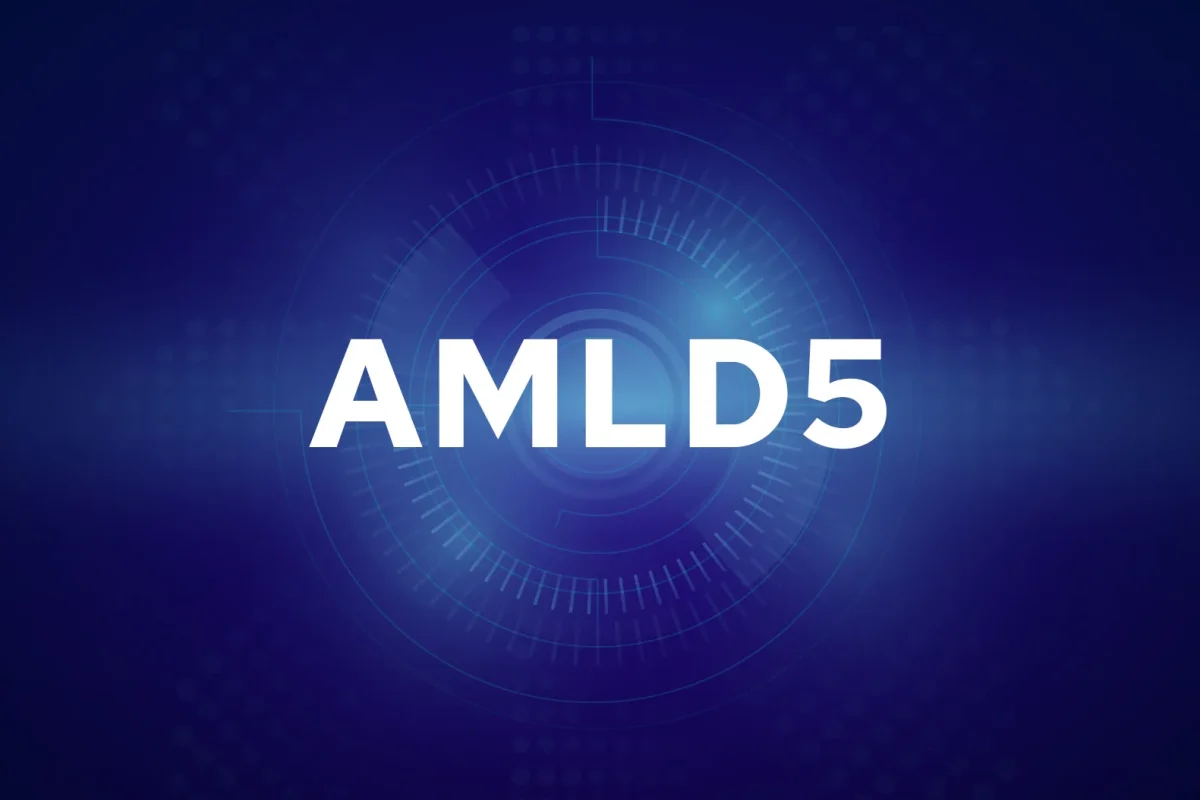Philip Bugeja, a well-renowned AML/CFT Consultant, gives his insight about the AML Directive 5
The Anti-Money Laundering Directive 5 (AMLD5) is a set of regulations enacted by the European Union to combat money laundering and terrorist financing. The directive aims to strengthen the EU’s legal framework for preventing financial crimes, including money laundering, terrorist financing, and tax evasion. The AMLD5 was introduced on July 9, 2018, and all EU member states were required to transpose the directive into their national law by January 10, 2020.
The AMLD5 imposes new obligations on a wide range of entities, including banks, financial institutions, virtual currency exchanges, and providers of gambling services. The directive requires these entities to undertake enhanced due diligence measures when conducting financial transactions, and to report any suspicious activities to the relevant authorities. The AMLD5 also strengthens the powers of financial intelligence units (FIUs) and law enforcement agencies to combat money laundering and terrorist financing.
One of the key changes introduced by the AMLD5 is the expansion of the scope of regulated entities to include virtual currency exchanges and custodian wallet providers. This means that virtual currency exchanges and wallet providers must now comply with the same regulations as traditional financial institutions, such as banks and money service providers. Virtual currency exchanges and wallet providers are required to register with their national regulator, undertake customer due diligence, and report suspicious activities to the FIU.
The AMLD5 also introduces new requirements for customer due diligence. Under the directive, regulated entities must obtain and verify information about their customers’ identities, and assess the level of risk associated with each customer. The directive requires enhanced due diligence measures for high-risk customers, such as politically exposed persons (PEPs) and customers from high-risk countries.
Another key change introduced by the AMLD5 is the requirement for EU member states to establish beneficial ownership registers. These registers must contain information on the beneficial owners of companies, trusts, and other legal entities registered in the EU. The purpose of the beneficial ownership registers is to improve transparency and prevent the use of legal entities for money laundering and terrorist financing.
The AMLD5 also strengthens the powers of FIUs and law enforcement agencies to combat money laundering and terrorist financing. The directive requires member states to establish centralized automated mechanisms for the collection, storage, and analysis of financial information. This will enable FIUs to more effectively detect and investigate suspicious activities. The AMLD5 also requires member states to ensure that their FIUs have access to information on beneficial ownership.
The AMLD5 also introduces new measures to combat the financing of terrorism. Regulated entities are required to undertake enhanced due diligence measures when dealing with customers from high-risk countries or regions identified by the EU as having strategic deficiencies in their anti-money laundering and counter-terrorist financing regimes. Regulated entities are also required to report any transactions that may be related to terrorist financing.
In addition to these measures, the AMLD5 also introduces new sanctions for non-compliance. Member states must establish effective, proportionate, and dissuasive sanctions for breaches of the AMLD5, and these sanctions must be applied consistently across the EU. Regulated entities that breach the AMLD5 may face fines, suspension of activities, or withdrawal of their authorization to operate.
The AMLD5 has had a significant impact on regulated entities in the EU. The directive has imposed new obligations on a wide range of entities, and has required significant investment in compliance measures. The directive has also had an impact on the wider business community, as regulated entities have sought to ensure that their suppliers and customers are also compliant with the AMLD5.
In conclusion, the Anti-Money Laundering Directive 5 is a comprehensive set of regulations introduced by the European Union to combat money laundering and terrorist financing. The directive introduces new obligations








